It is amazing how much we are able to see when we slow down. Our busy lives force us to do most of our daily tasks on the autopilot. When was the last time that you stopped to smell the roses? When was the last time you did something for the first time? And when was the last time you stopped to think about your life goals and dreams?
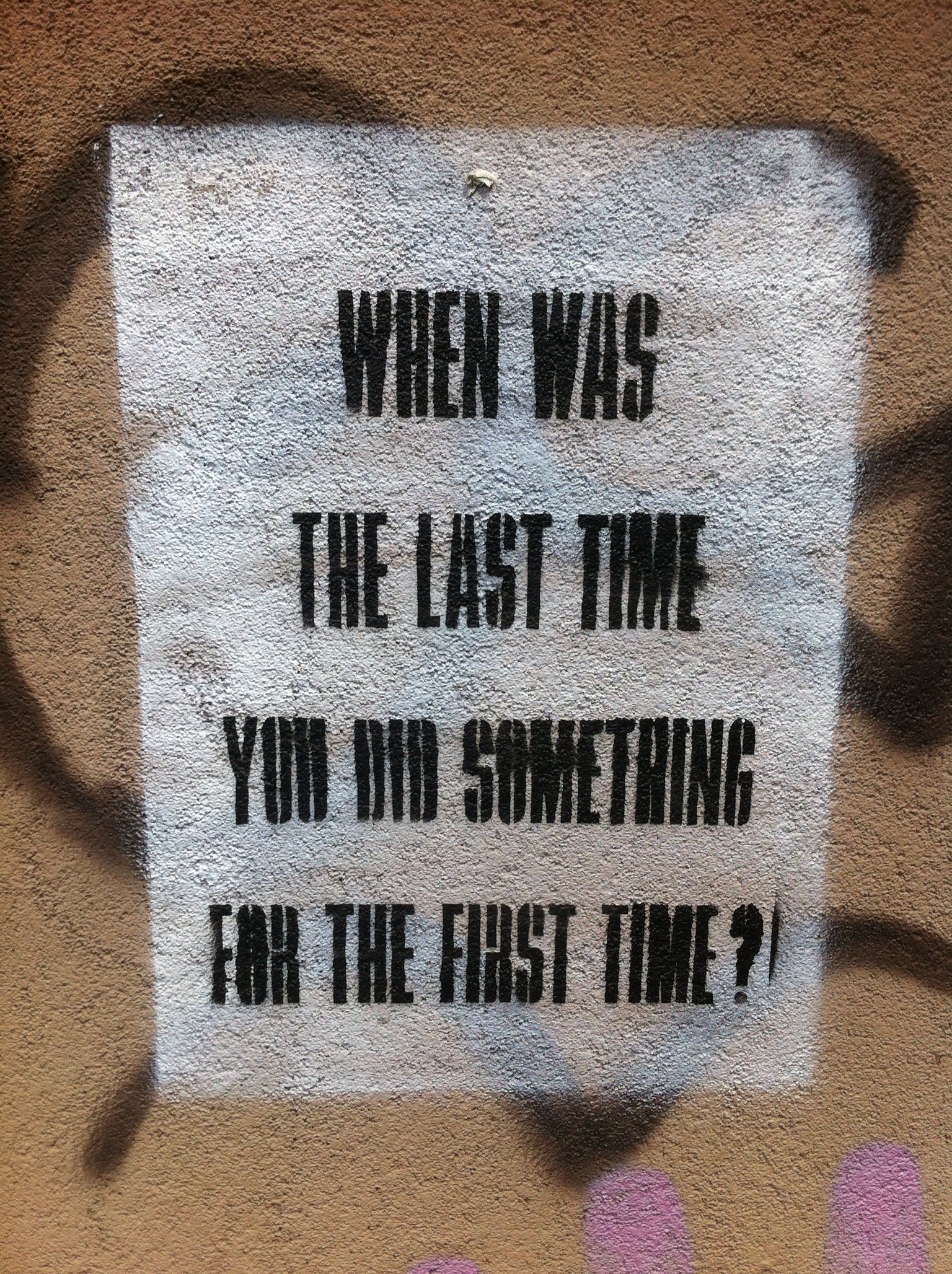
Ideally we all should allow ourselves some time to stop every once in a while, and take a “me break”. Technology is supposed to saves us time and allow us to free more time to do other things, right? Well, not really. We spend so much time with technology that we end up not spending time with ourselves. We also spend too much time thinking about what we should be doing, instead of enjoying what you are actually doing. It is okay to push ourselves to be smarter and more productive, but not up to the point of where you become exhausted and overwhelmed.
But life can be funny, and sometimes it simply throws you a hammer that forces you to stop, reaccess, and rethink your priorities. This has happened to me a couple of times before, but I never had the clarity to pinpoint exactly what triggered it. This time I realized that most of my ‘life crisis’ moments occur after I interact with tweeps IRL, when my worlds collide. Most of my twitter followers know my identity IRL, but very few of my IRL friends know about my online persona. Consequently, I am able to keep both personas fairly separate most of the time. Then something happens and you are exposed to a wonderful parallel world full of possibilities, making it very difficult to come back to real life.
I believe almost everybody tries to put off a different online image then how we are in real life. We hide behind computer screens and cell phones so nobody knows what’s really going on in our real lives. There are some people that act like two completely different people between IRL and on social media, being opinionated and bully online while quiet and shy IRL. But sometimes you build an online activity with the same personality, but based on the life you want(ed) to live? Realizing this was painful and a prompted a blogpost along with a Twitter break.
We all want to be better people — better professionals, better partners, better friends. It’s true that you are probably doing your best, yet it’s also true that you can probably do better. On the other hand, life is not a simply black or white, good or bad, happy or unhappy. You can be happy but struggling, or sad but excited at the same time. Along with those lines, my Twitter-break has been very bitter-sweet. Although I miss my tweeps and all the information I consume there, this past week has been very productive! Not only professionally, but also to reflect on my reasons and motivations to use Twitter. I also realized that despite the fact that Doctor PMS is still the persona I wanted to be, it does not mean I am unhappy with the person I am IRL.
Self-awareness is not a constant state of mind, but rather something we should all try to achieve from time to time. Becoming self-aware can be the first step towards becoming who you want to be, and creating the life you want for you. Sometimes recognizing your emotions and thoughts may make you realize that you are just ‘too comfortable’. The idea of being comfortable seems charming to many of us. This is why we see so many people remaining in jobs and relationships they are not fully satisfied with.
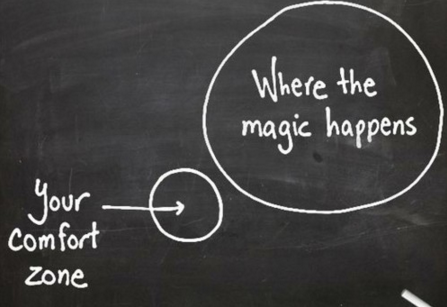
But at what point should we overcome our comfort zones in seek of the ‘magic’ to happen? Comfort does not bring change, does not bring growth. However, although it seems our entire lives are nothing but an endless pursuit of more comfort, one must learn to be happy with ourselves and with what you have – without getting too comfortable. It reminds me of an utopia quote I read a while ago:
“Utopia is on the horizon. I move two steps closer; it moves two steps further away. I walk another ten steps and the horizon runs ten steps further away. As much as I may walk, I’ll never reach it. So what’s the point of utopia? The point is this: to keep walking.”
Eduardo Galeano
The end goal seems to be to find the balance between having your moments of “what could be” without allowing yourself to enjoy “what is“. So let’s stop from time to time, reassess, and keep walking.
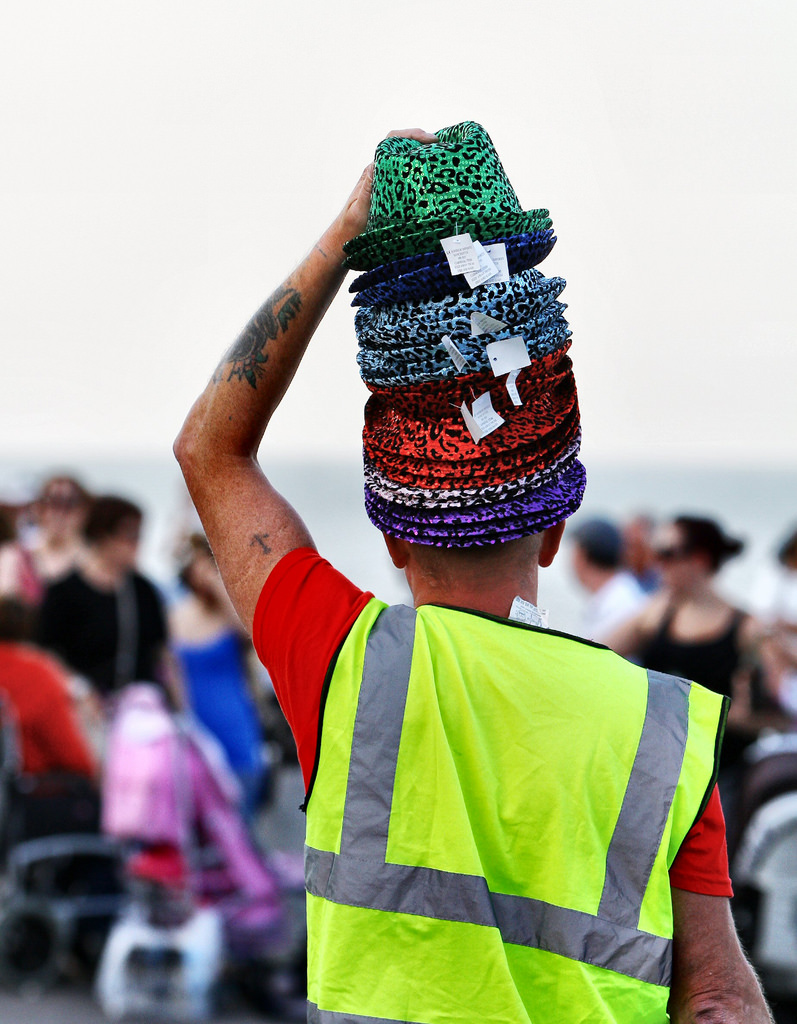
 So when the opportunity to get a side job with Lenny at
So when the opportunity to get a side job with Lenny at 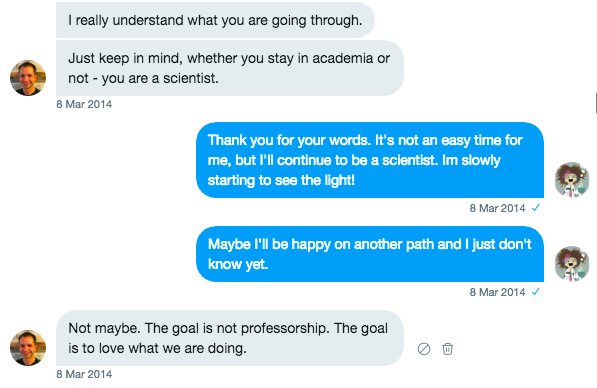
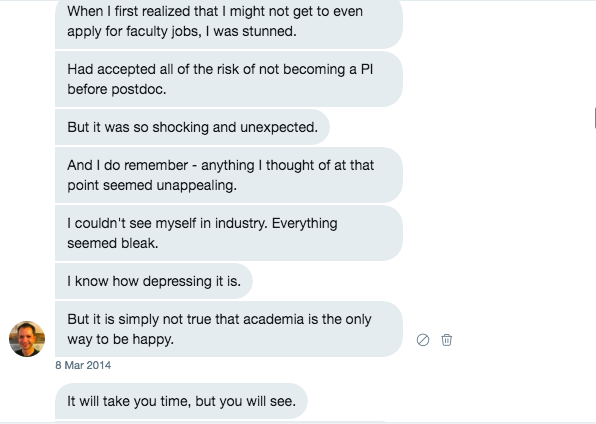

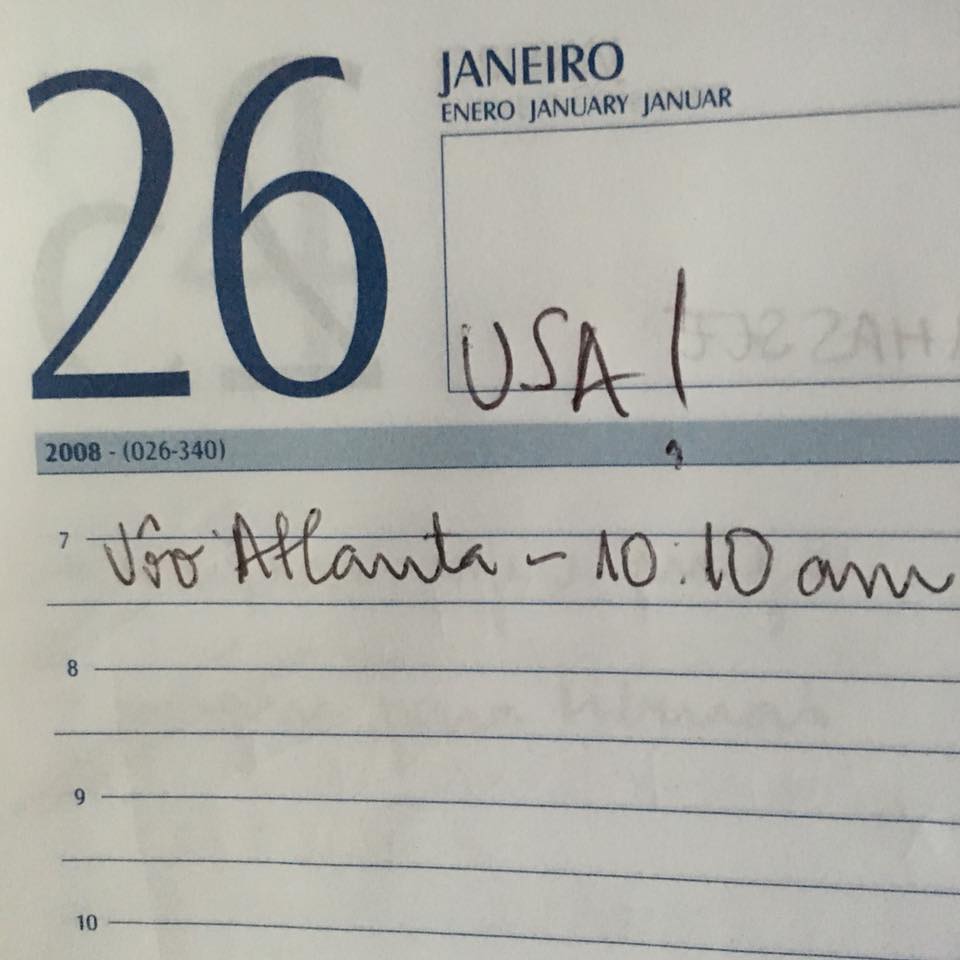 Today (January 26th) marks my 10th year anniversary of living in the US.
Today (January 26th) marks my 10th year anniversary of living in the US.